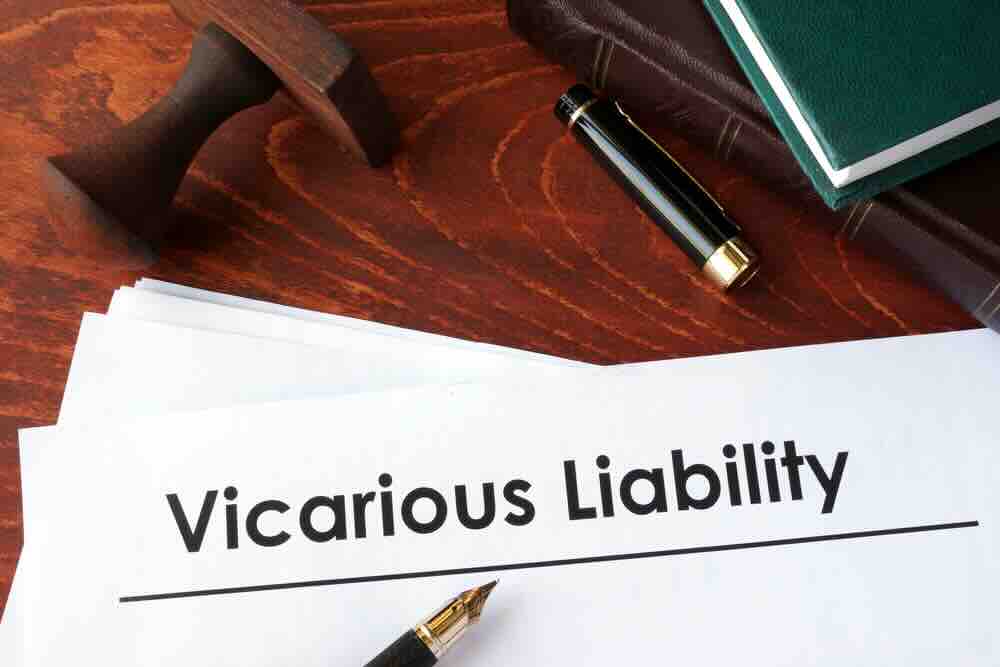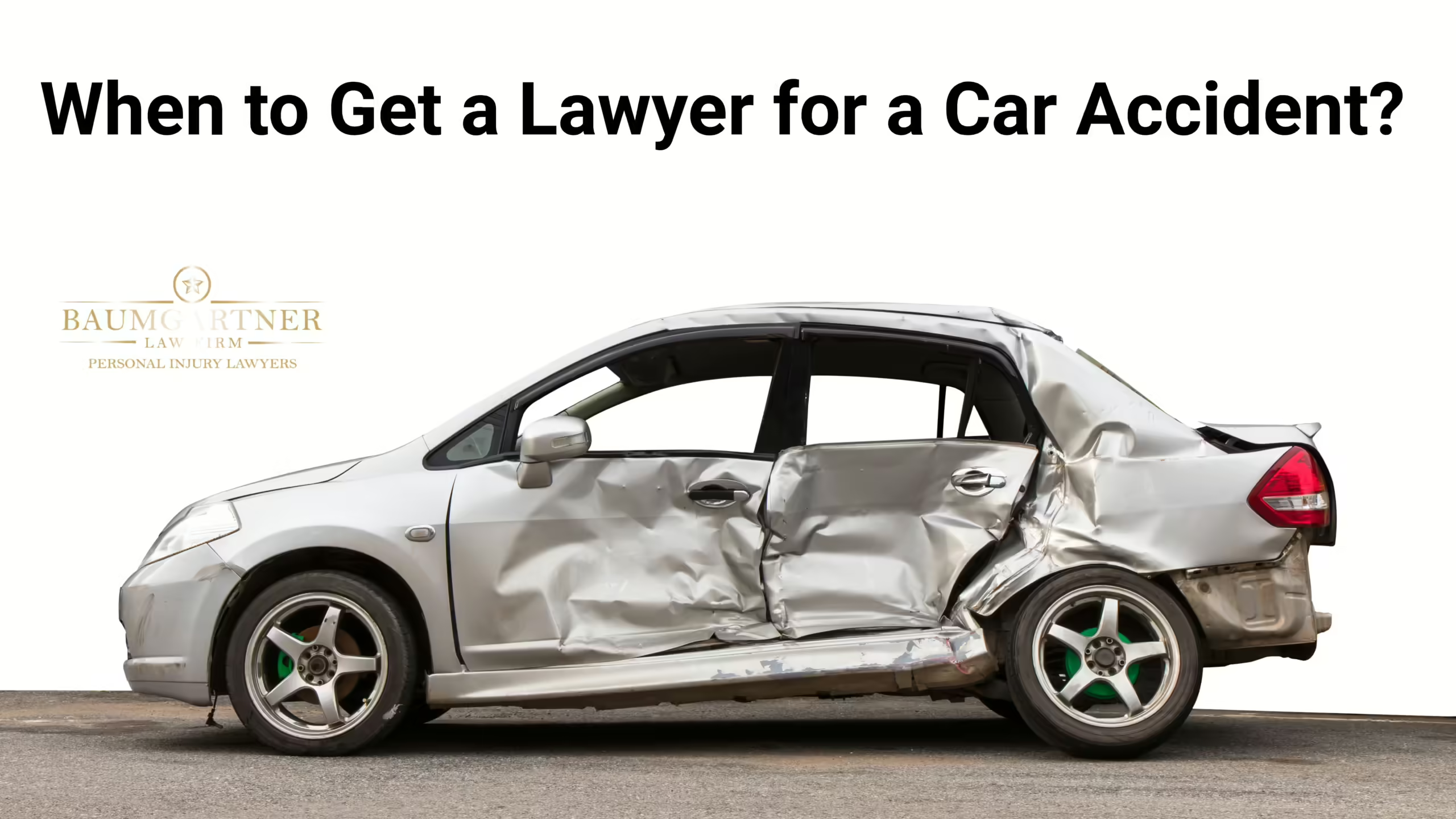Most personal injury claims in Houston, Texas, will settle at some point before a trial. Settling a case involves negotiating a reasonable resolution that both parties can live with. When considering Houston personal injury settlements, it’s essential to distinguish between fact and fiction, as many misconceptions abound regarding Houston personal injury settlements fact vs. fiction.
There are many incentives for injury victims and defendants to settle a case. From the perspectives of the plaintiff and the defense, having control over the outcome of your case is one of the main motivations for settlement.
There are many situations in which a skilled personal injury attorney in Houston can evaluate your case.
The outcome of any personal injury case can depend on various factors, which can include the following:
- Is liability contested?
- Is it a catastrophic injury?
- Is the defendant arguing that you are partly at fault?
- How much insurance coverage is available?
- In a car accident, how bad is the property damage?
- Are there gaps in medical treatments or delays in getting medical treatment?
- Are there multiple parties to the case?
- Which insurance company provides coverage for the defendants?
There are many misconceptions about personal injury settlements. In this article, a leading Houston personal injury attorney discusses the facts versus fiction regarding personal injury settlements.
Fiction: Texas Does Not Cap Damages
Texas has caps on damages for certain types of claims, including those involving punitive damages and medical malpractice. Also, the state has passed laws that do not cap but have the effect of limiting personal injury damages in most cases concerning medical bills in personal injury cases.
The state has recently limited the admissibility of relevant evidence in lawsuits against trucking companies and required the bifurcation of trials in some situations.
Fiction: All Personal Injury Claims Get Large Settlements
A common misconception is that all personal injury cases result in substantial settlements or jury verdicts. While it is true that some cases do result in very large awards or settlements, the amount of a settlement depends on the specific facts of the case.
The value of a settlement encompasses various factors. People hear about cases in the news and sometimes believe that because someone was burned by hot coffee, their case is worth that much or more. Or a very large verdict is in the news, and the assumption is that other cases are worth the same amount.
However, the news reports do not tell the whole story and are not an accurate estimation of other cases. True, perhaps in one case out of a hundred, the trial verdict is substantial, but there will be 99 other cases with similar facts where the amount is much less or worse, and the plaintiff receives no compensation.
A top-rated personal injury lawyer must evaluate each case after the attorney has the facts.
In Texas, legal damages include both economic damages and non-economic damages. Punitive damages may be sought in cases where a defendant was grossly negligent, such as in an accident with a drunk driver.
Legal Damages for personal injury in Texas can include:
- Reasonable and necessary medical expenses
- Lost wages or reduced earning capacity
- Physical impairment
- Disfigurement
- Pain and suffering
- Loss of enjoyment of life
- Out-of-pocket expenses related to the injury
To get damages, you must prove your case to a judge or a jury if a lawsuit is filed and the case is tried. Or convince the insurance company that you will win the case at trial to secure a settlement.
Damages in a wrongful death case in Houston depend on the same liability issues, yet the compensation is viewed from the family member’s losses. If the deceased survived an accident for a time, personal injury damages are sought by the estate.
Don’t make the mistake of attempting to value your case based on input from non-lawyers or reading about a very large verdict. Doing so is a prescription for disappointment or worse.
Fiction: The Insurance Company Will Deal Straight with You
In Texas, insurance companies are largely not regulated in their claims-handling practices. If it is the other person’s insurance company, they owe no duty to a person claiming under that policy.
While you may be encouraged by an adjuster not to get an attorney, there is a reason for that encouragement. The reason is that the insurance company believes it will save a substantial amount if it does not have to deal with a qualified personal injury lawyer.
Because insurance companies operate for profit, the adjuster’s incentive is to pay as little as possible on every claim. If you do not know the true value of your case, do not expect to be enlightened by the adjuster handling the claim. Even when the crash report indicates the other driver was at fault, that will not stop an insurance company from contesting liability in your case.
If an insurance company can get by paying you ten or $0.15 on the dollar, with a lowball offer, they will do so in a heartbeat. Also, expect adjuster tactics such as the following from the adjuster handling your claim:
- Unnecessary delay
- Always asking for more documentation
- Requiring a recorded statement to be used against you
- Discounting your case by suggesting comparative negligence
- Lowballing you
- Asking for an unlimited medical release.
If you are going to handle the case yourself, you may consider taking advantage of a free consultation from a top-rated personal injury attorney before dealing with the insurance adjuster.
Fiction: If You Are Partially at Fault, You Can’t Get Money for a Personal Injury Claim
Texas is a proportionate responsibility state. You can recover personal injury damages if you are less than 51% at fault. In every personal injury case, the actions of everyone are evaluated, and a judge or jury assigns a percentage of fault.
If you are less than 51% at fault, you can collect damages you prove in a personal injury claim. However, if you are partly at fault, your damages will be reduced according to the percentage of responsibility on your part.
As an example, if you were in a car accident and a jury assigned you 20% of the responsibility for the accident, and the defendant received 80% of the responsibility for causing the accident, your damages would be reduced by 20%.
If a jury found that your total damages were $100,000 and you had 20% responsibility, you would net $80,000 as your recovery. If your responsibility for the accident was 51% or greater, you would get no money.
Fiction: Hiring a Houston Personal Injury Lawyer Reduces the Amount of Money You Get
It is not uncommon for an insurance adjuster to imply that you will get less money if you hire an attorney. Some may argue that this tactic is unethical; however, it does not stop many insurance companies from using it to reduce the amount they have to pay on a case.
If an adjuster suggests that you should not contact an attorney, that is your first red flag. Almost universally, if the insurance company wants to discourage you from getting an attorney, that is exactly what you should be doing.
Insurance companies look after the insurance company’s best interest, not that of the personal injury victim. Adjusters attend classes to learn how to negotiate a low settlement on personal injury claims. In the more serious cases, a senior adjuster trained to reduce the payment will be utilized.
Numerous studies have proven that personal injury victims receive more compensation with the assistance of a competent personal injury attorney. This is almost universally true with severe or catastrophic injury cases. Most injury cases take longer than victims believe.
Attorneys who handle personal injury cases generally do so on a contingency fee basis. A contingency fee means the attorney only gets paid if you get money. It costs you nothing up front to get the best attorney near you. Additionally, your interests and your attorney are aligned because the more money they get you, the more money they make.
Many people don’t know how long a claim like wrongful death can take! Also, 18-wheeler cases can take time if liability or damages are disputed.
Yet most car accident cases do not go to trial in Houston, TX.
Whether you handle a claim without an attorney or not, you should always take advantage of a free consultation with a personal injury lawyer.
Contact The Houston Personal Injury Lawyers at Baumgartner Law Firm for Help
If you have been injured in an accident in Houston, TX, and need help, contact our Houston car accident lawyers at Baumgartner Law Firm by calling (281) 587-1111.
Baumgartner Law Firm Top-Rated Personal Injury Lawyers
6711 Cypress Creek Pkwy, Houston, TX 77069













